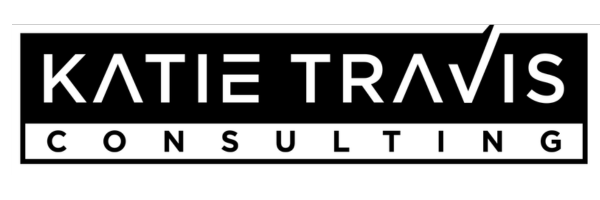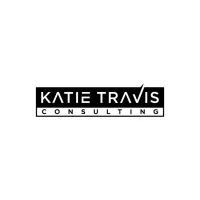Oops! Looks like something went wrong!

Why You Shouldn’t Disclose Your Salary During Interviews Keep Your Current Salary Private
💼 Why You Shouldn’t Disclose Your Salary During Interviews
April 21, 2025 by Katie Travis |Leave a Comment
Keep Your Current Salary Private
Your current salary is just a starting point—not a ceiling.
If you're aiming for a raise, don’t reveal what you’re currently making.
Why? Because it can cap your potential offer.
Many employers use your current or past salary to anchor their offer.
That could mean you’re instantly undervalued, even before you talk numbers.
Don’t Share Your Desired Salary Too Early
It’s tempting to give a number when asked, but resist the urge.
Disclosing your “desired salary” can also work against you.
If you aim too low, you leave money on the table.
Too high? You risk pricing yourself out before they see your value.
Instead, focus on the role—not the rate.
Let the Employer Make the First Offer
Your best move?
Let the company go first.
When they name a number, you’re in a much stronger position to negotiate.
You have the power to counter with confidence, backed by the value you bring.
Show Your Value—That’s What Gets You Paid
Rather than talking numbers early, talk impact.
Use your interviews to highlight:
✅ The revenue you’ve helped generate
✅ The problems you’ve solved
✅ The systems you’ve streamlined
✅ The teams you’ve led or supported
Position yourself as an investment—not an expense.
That’s how you land closer to the top of their pay range.
You Deserve the Maximum Offer—Here’s How to Get It
Every company has a compensation range.
Your goal? Get as close to the maximum as possible.
To do that, you need to:
✔ Emphasize your measurable results
✔ Tailor your value to their needs
✔ Delay salary discussions until after they’re sold on YOU
Remember This:
Your past pay shouldn’t define your future potential.
Play it smart.
Stay strategic.
And lead with your worth.

